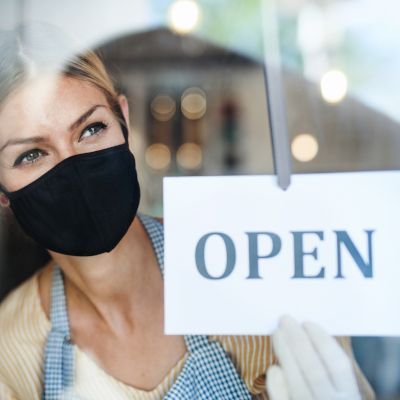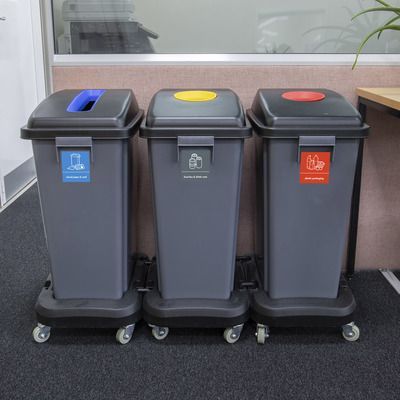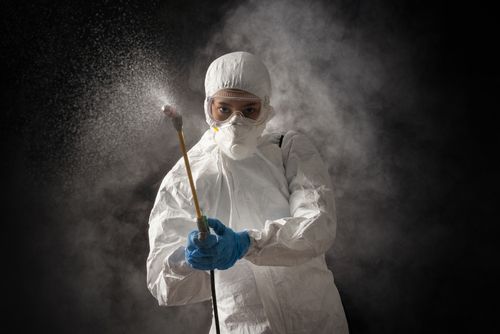Follow Us
Get in touch
Spectrum Cleaning Solutions, Londesborough Road Business Park, Scarborough, North Yorkshire
Phone: 01723 373 509
Opening hours
Monday - Thursday: 8:30 -17:00
Friday: 8:30-16:00
Saturday - Sunday: Closed
Are You Getting Ready to Reopen Your Business Post-Coronavirus?
Are You Ready to Reopen Your Business Post-Coronavirus?
Since mid-March when the Government ordered non-essential business to close their doors due to the growing risk of Coronavirus (COVID-19), the world seems have become a very different place. As consumers and business-owners, we have got used to long queues and takeaway-only services, staff wearing PPE and signage telling us where to stand and which direction to move around the supermarket. For some people (for example those who are shielding) who may have stayed indoors completely, those first tentative steps outside will come very soon.
With the risk level across the UK recently being downgraded and the Government’s announcement regarding easing restrictions, we are all looking forward to the world starting to return to normal. Businesses such as restaurants, pubs, cinemas and hair salons will be allowed to open their doors to the paying public on 4th July, all provided they are COVID-secure. If your business is due to reopen, are you ready?

What does COVID-secure mean?
Being COVID-secure includes several steps to minimise the risk of Coronavirus spreading in your premises. Not only must you make sure you are following the published Government guidance, but you also need to carry out thorough risk assessments specific to your business and then put all necessary control measures in place. This will include cleaning measures, PPE requirements and logistical measures such as how many people you’ll be able to welcome into your premises while adhering to social distancing.
We understand that it can seem like an overwhelming task and that you may be nervous about what the future of your business looks like, so we wanted to help. As a part of the Scarborough community for more than 20 years, here at Spectrum we feel passionate about helping businesses get back on their feet and kick-starting the local economy as soon as possible.
Introducing Spectrum – Back to Business
We’ve been putting together a series of guides and documents which are completely free to use and will help you and your business get set up for success over the coming weeks. From printable awareness posters to risk assessment templates, product recommendations to cleaning procedures and checklists, you can get ahead and start planning everything you need to welcome your customers back.
Whether you’re due to open on 4 th July, you’ve already been operating with limited services, or you have to wait a bit longer to see your customers again, it’s crucial that you spend some time assessing how ready your business is. Your staff will want to know what their safety is being considered, as will your customers.
How Do I Access these Resources?
To make a started getting back to business, you can view all of our COVID-19 resources by clicking here. Anyone can access and use these documents, for free!
If you are a customer with a My Spectrum account, simply log in and you will see they have been added to your documents.
The post Are You Getting Ready to Reopen Your Business Post-Coronavirus? appeared first on Spectrum.



Opening Hours
Monday - Thursday: 8:30 -17:00
Friday: 8:30-16:00
Saturday - Sunday: Closed
Get in Touch
Spectrum Cleaning Solutions, Londesborough Road Business Park, Scarborough, North Yorkshire
Phone: 01723 373 509
Spectrum Cleaning Solutions Limited is a registered business in England & Wales under company number 04687668.
Registered company address: Units 9 & 10 Londesborough Road Business Park, Londesborough Road, Scarborough, North Yorkshire, England, YO12 5AF.